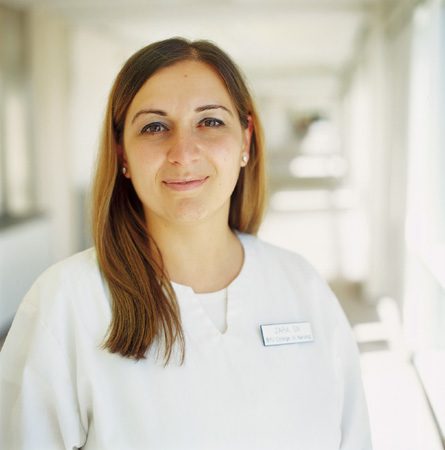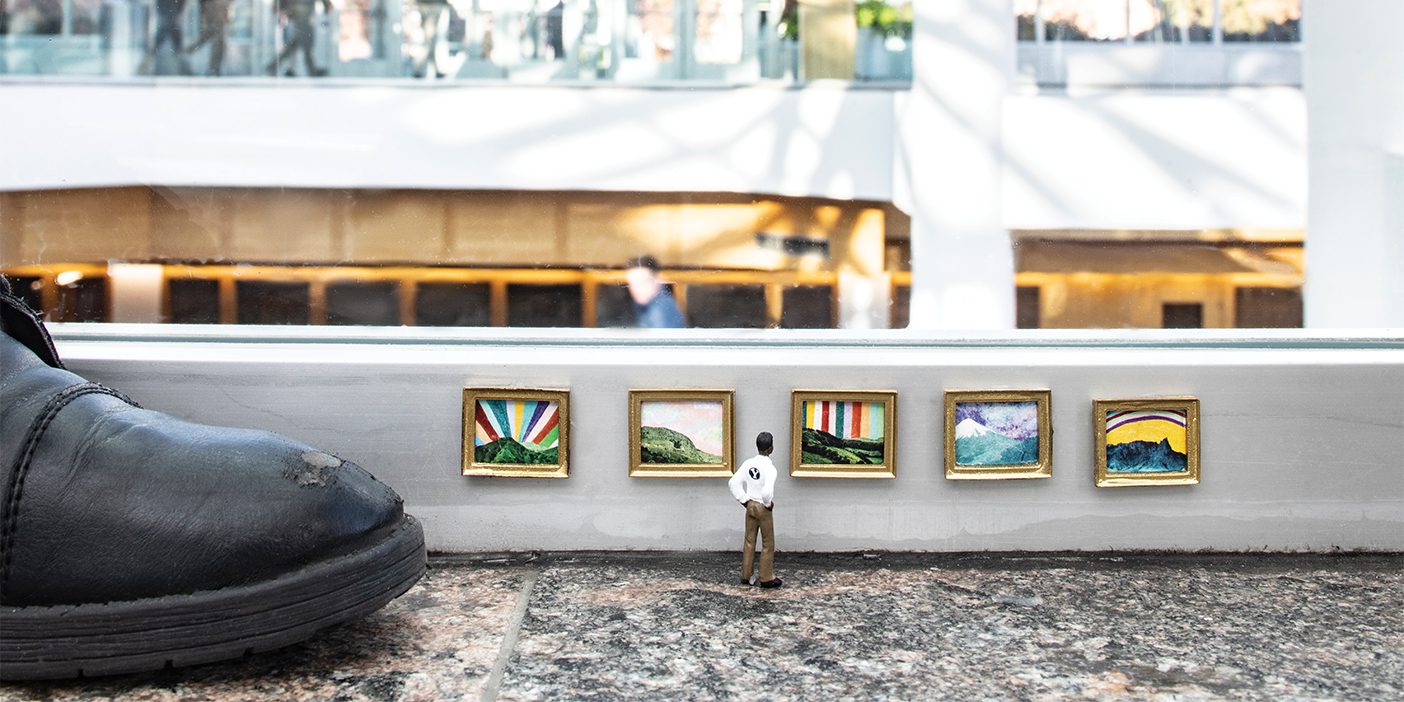The Whiting family wanted to serve, so they called themselves on a mission.
Brent A. (BS ’90) and Laurie Black Whiting (’85) have moved their seven children to Panama, Chile, and Guatemala to serve informal missions and help lift people from poverty. BYU has acknowledged their work with the 2013 Service to Family Award.
“Even when our children were little, we wanted to serve missions with them for the Church,” Laurie explains. “We were told the Church did not send families, but if we happened to be living in a country, we could call the area leadership to see how they could use us.”
“That got us thinking,” says Brent, who served a mission in Ecuador. “I had always hoped my [children] could experience something similar before they left on their own missions.”
One morning Brent received a phone call from W. Edward Seegmiller (BA ’68, MA ’70), who had heard the Whitings were interested in moving to Panama, where Seegmiller was serving as mission president. When Brent asked whether they could help him, Seegmiller replied, “Does Christmas come on the 25th of December? How soon can you be here?”
Brent took a year sabbatical from his business, and with (then) four children in tow, they headed south in 1996. The Whitings were assigned to attend a branch with a faltering membership—a typical Sunday brought only three or four members to church. Brent was called as branch president, and Laurie created a program for teaching English.
The language class was a huge success. “We began and ended each English lesson with prayer, and we had more than a thousand people come through our English course,” Laurie says. “We used missionaries to assist.”
Five years later the Whitings added a year in Chile to their Church service at the invitation of mission president Jose Garcia and followed it with a humanitarian project in Guatemala in 2011.
“We had been to Guatemala several times and wanted to help Guatemalans break out of a deep cycle of poverty,” Laurie explains. “We started Yuda Bands.” Taken from the Spanish word ayuda, or “help,” this project raises funds for scholarships in developing countries. Former students in Guatemala make bracelets from coconut and leather that are then shipped to the United States and sold through high schools and junior highs, where the students may select a specific student to help—exemplifying the mantra “Wear a band; change a life.”
One bright student from Guatemala, for example, did not show up for her senior year of high school. Her concerned principal found her working in a market to support her family. Through the Yuda Bands program, she received a scholarship, graduated, and now works at a bank for more than 12 times her previous salary—and pays for her siblings’ educations. “One year made an incredible difference in her and her family’s life,” Brent says.
Thousands of bands have been sold worldwide since they were launched in 2009; nearly half a million students have been involved in Yuda Bands projects in their schools.
The Whitings consider it a bonus that all seven of their children were introduced to the missionary culture while they were young, appreciated life in the United States, and learned service by doing. “Our trips have come with financial hardship, but they have been doable and certainly rewarding,” Laurie says.
The family had been home from Guatemala for three weeks when Brent was called as a bishop in Mapleton, Utah. But there are still Whitings working in the field. In July 2013 their oldest son, Phillip, and his wife, Angelina Scoma Whiting (BS ’10), moved their family to Diriomo, Nicaragua, to serve the Saints.
— Charlene Renberg Winters (BA ’73, MA ’96)









